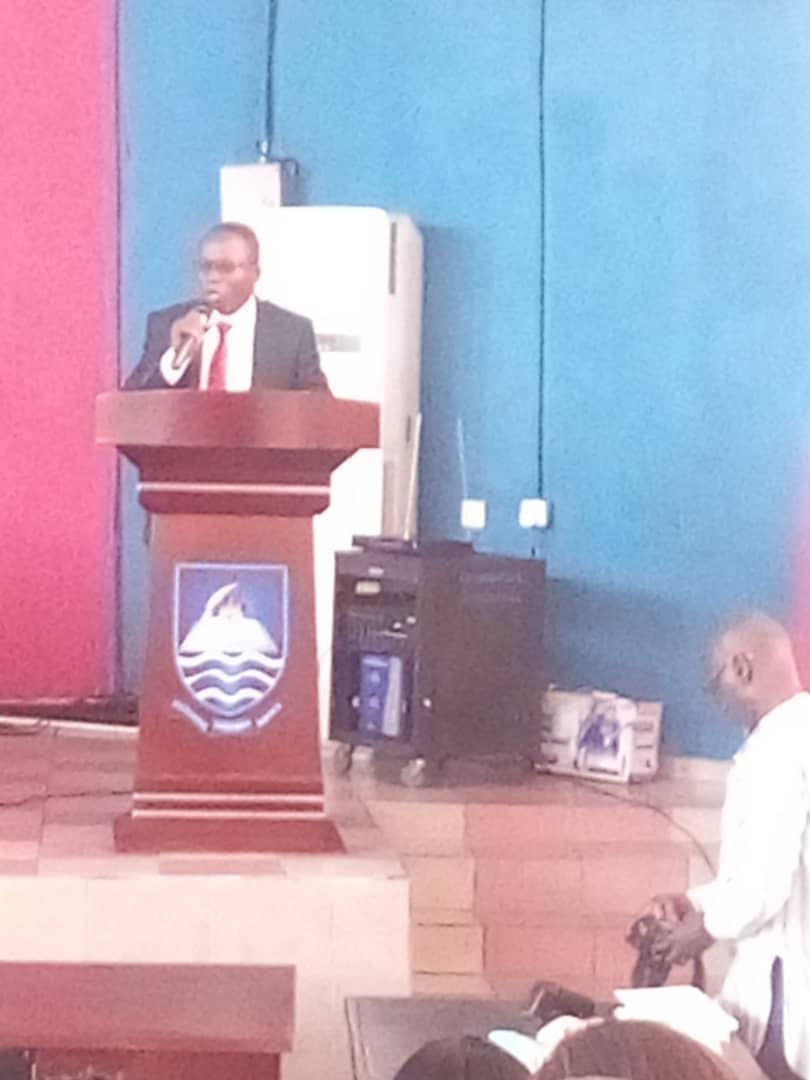Dr Ogundu Isaac, an Associate Professor of Industrial and Technical Education and the acting director of Students Industrial Work Experience Scheme (SIWES), at the Ignatius Ajuru University of Education, Port Harcourt, has said that the country should prioritize vocational education so as to reduce the level of unemployment in the country.
Dr Ogundu Isaac in a chat with TPCN reporter, Lorine Emenike, on ways of productively promoting entrepreneurship in Nigeria as well as engaging the youths, thereby productively engaging them against social vices, stated that people should be taught to be self-employed.
He said ” We have severally ascribed the crisis we have in the country to unemployment. We will ask some fundamental national questions.
“What can create jobs for these youths? The answer is simply education. The next question is what type of education? The answer should be vocational and Technical education because that is the aspect of education that trains people for jobs specifically.
“So if we emphasize that type of entrepreneurship that deals with salable skills and manipulative skills development; it will have a multiplying effect.
“Primarily, the person who acquires the skill will be self-employed and secondly, he or she will employ others.
He said that people should be trained to have technical know-how so as to manage their own enterprise.
“If you have been trained first, you will have the technical know-how, also be a better manager of that enterprise. So the surest way is to enable people to acquire the manipulative salable skills.
“Charles Prosa, an American Psychologist, in one of his principles in vocational and Technical education propounded in 1940’s opined that ” if you want to acquire skills, you have to be trained in the same environment using the same tools as in the industry”.
“So, all we need do is to equip institutions with the equipment that will be used in the industry and train them with it.
“I advocate that at least, let each Local Government area in Nigeria, especially Rivers State, be mandated to open a Vocational College to decentralise vocational and Technical colleges in urban cities, a replica of what we call Technical College now and let them be fully equipped with the necessary tools and materials, let people begin to go there to acquire skills, both young and old.
“The problems we have had over the years with the acquisition of skills in the country is that it was made ad-hoc.
“It should be formalized properly and sustained with capable hands that will sustain and manage it.
“The real structure that would create the skill is what we call Technical colleges but unfortunately, they are grossly underfunded, they are insufficient and are not adequate both in scope and in content.
“But if it is expanded to be a Vocational College, it will train people both in agriculture, home economics or hospitality and tourism management, fine and applied art, computer education and business education.
“It will take people from industrial technical education and people will begin to learn skills like forging of metal works, welding and fabrication, carpentry etc.
“So when people are trained and practical skills are picked, there will no longer be idle minds amongst the youths. They will have skills and they can earn their own money without waiting for white collar jobs and they will stay away from vices.
He stated that until government partner with concerned institutions, the unemployment issue will persist.
“So until government and concerned institutions that can partner with government come up with a clear roadmap, a state of emergency should be declared to address these skill gaps because that is the key issue at hand. Our people will have to upgrade their skills to what is currently needed.
“These vocational colleges are equivalent of secondary schools as presently constituted. So by the time the children turn sixteen years which is the legal age for admission into higher institutions, they are already skilled.
“And most parents could afford to train their children up to that level. And having picked skill, the student, ward or child on his/her own could further her/his education. It can even help the poor in our society to break the circle of poverty”.




